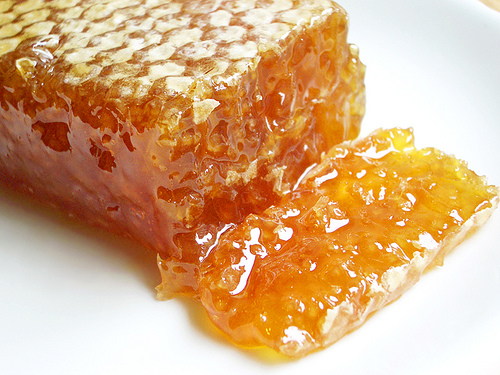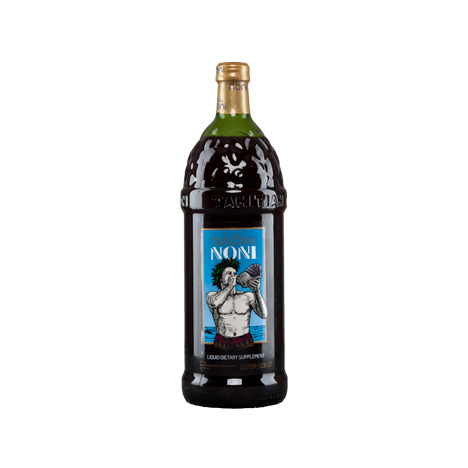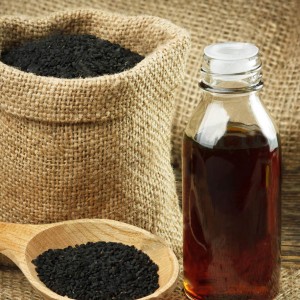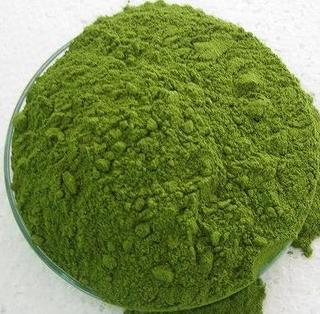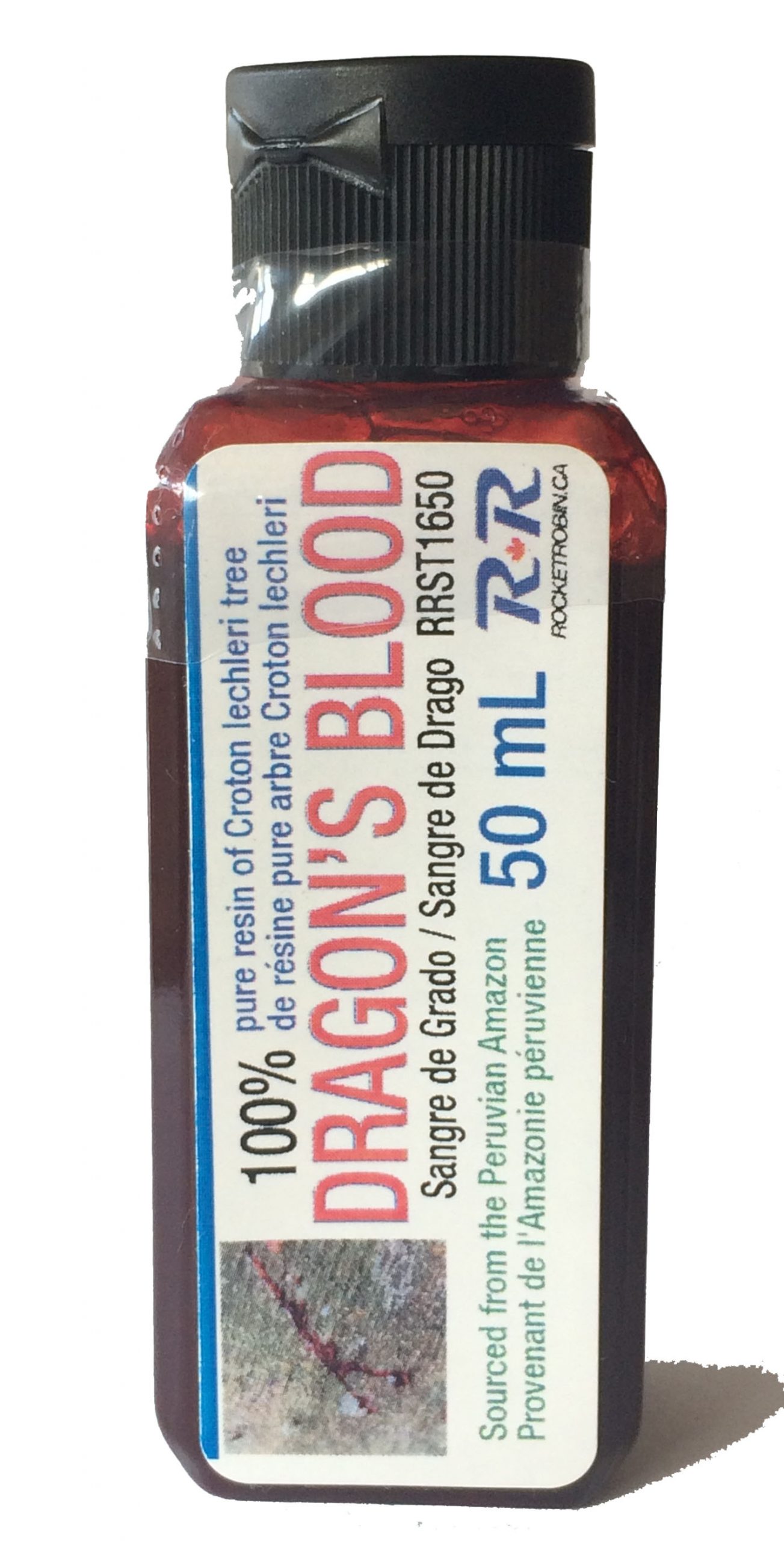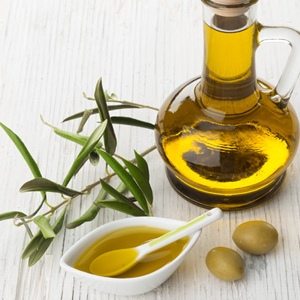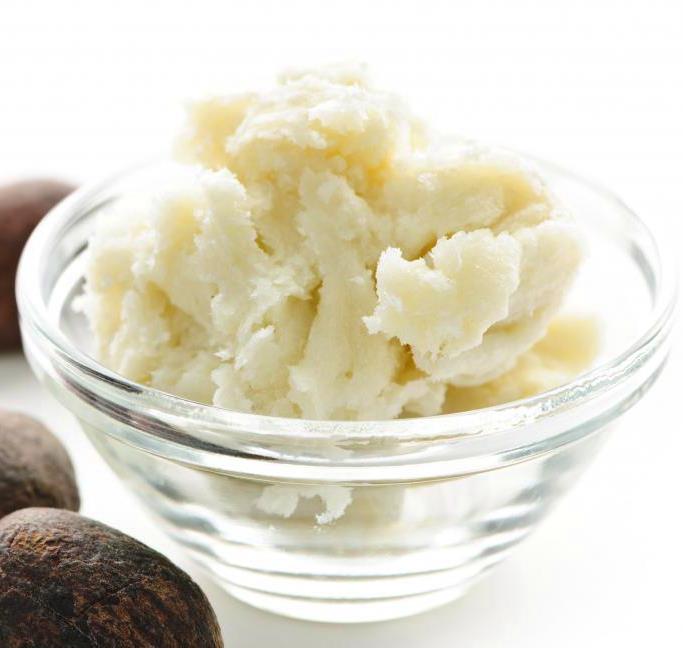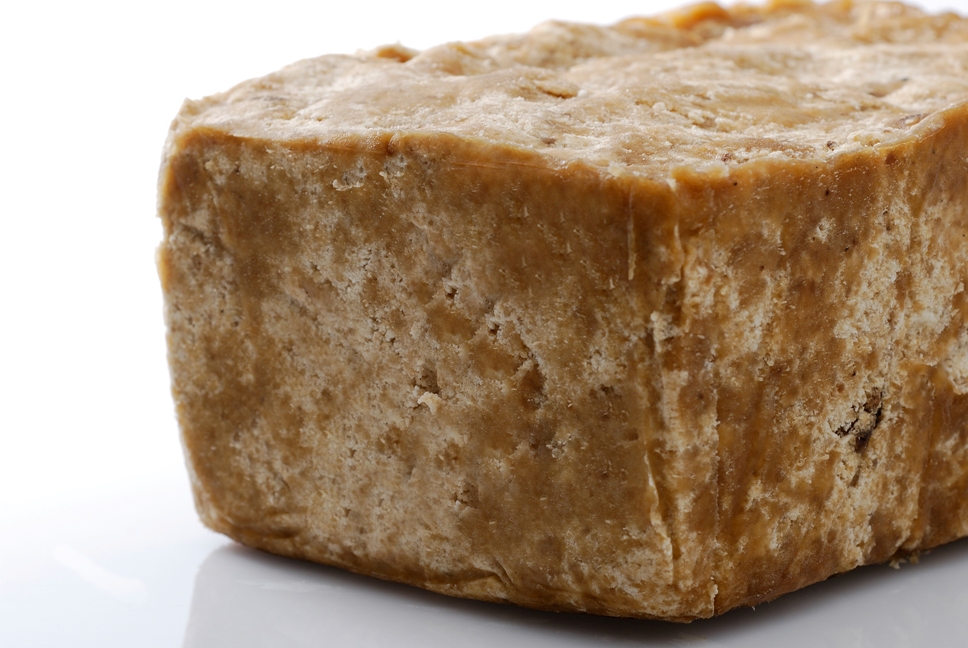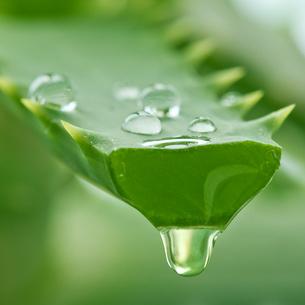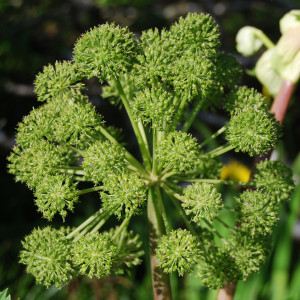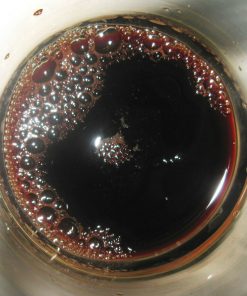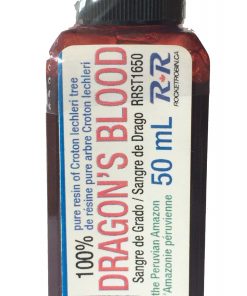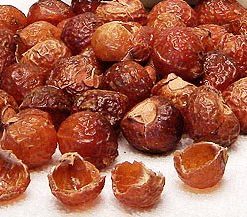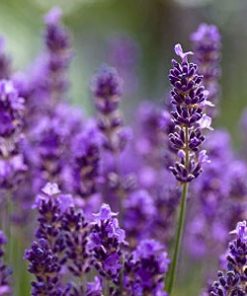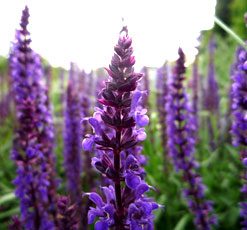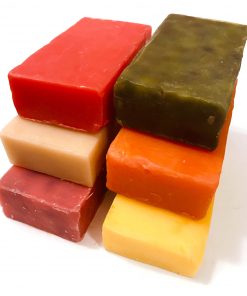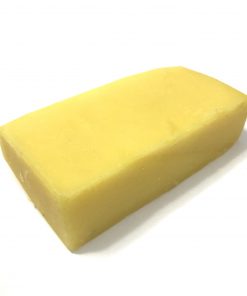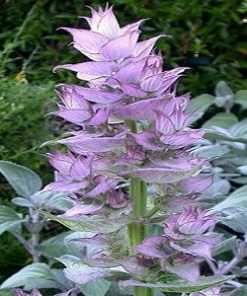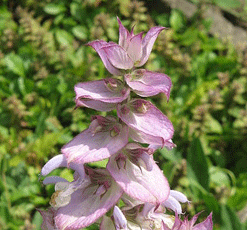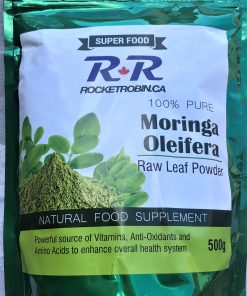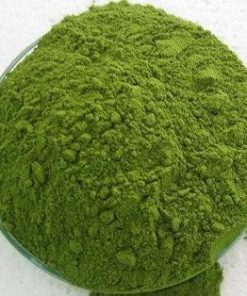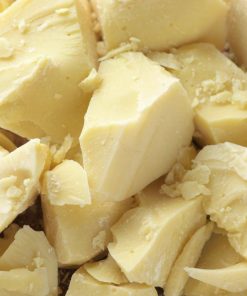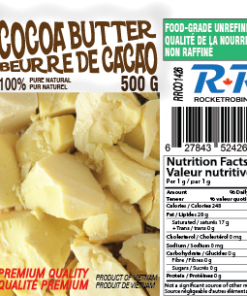Description
Essential Oil Wintergreen (15 mL)
Essential Oil Wintergreen
Aroma: Divine, pleasantly pungent aroma. Very familiar to everyone.
Traditional Use: Wintergreen is known for its soothing properties, particularly when used in massage for overworked muscles.
Properties: Analgesic, Anti-inflammatory, Anti-rheumatic, Antiseptic, Antispasmodic, Disinfectant, Diuretic, Stimulant (bone), Warming
How to Use: USE TOPICALLY ONLY! (And by diffusing and inhalation with care).
Blends well with: The essential oil of wintergreen blends well with essential oils of mint, narcissus, oregano, thyme, vanilla and ylang-ylang oils.
Safety: Avoid while pregnant. Not for internal use!
HISTORY OF USE

Wintergreen oil is extracted from a shrubby evergreen plant called Gaultheria procumbens, which is from the Ericaceae plant family. Wintergreen is native to North America, mainly in Northeast United States and Canada. This low-growing shrub thrives best in rich, organic soils in shady locations, such as on mountains and forests in cool, moist regions.
Wintergreen is characterized by its long stem, oval and glossy green leaves, and white blooms, which turn into handsome and edible bright red berries that birds and other wildlife feast on.2 The leaves are used to make wintergreen essential oil.
Wintergreen oil has a sweet and fresh scent, similar to mint. It’s very pungent, but not unpleasant. It has a pale yellow or pinkish yellow colour.
Wintergreen’s medicinal uses have been widely known for many centuries, particularly by the Native Americans, who used the leaves to treat respiratory tract infections. They also chewed the leaves to increase endurance and respiratory capacity, helping them run long distances. Native tribes such as Ojibwes and Mohawks also drank wintergreen tea as a healthful medicinal beverage.
Today, dilutions of wintergreen extract are popularly used as a food flavouring, and it’s also added to gums and toothpaste for its minty flavor. In some cases, its strong scent can also work as a deodorizer to mask foul odours.
Wintergreen oil is still used medicinally today, but take note: it is NOT advisable to use the pure (concentrated) essential oil, as it can be very toxic. Instead, you should dilute a very small amount in a safe carrier oil, such as coconut oil or olive oil.
HEALTH BENEFITS
A Few Words of Caution: The essential oil of wintergreen is highly poisonous due to the presence of Menthyl Salicylate. It should never be ingested and should not be used in aromatherapy. External application is sufficient for making this oil work inside since it easily seeps through the skin and is absorbed by the muscles and tissues. Furthermore, if accidentally ingested, it can cause severe damage to internal organs like the liver and kidneys.
Diluted wintergreen oil can be applied topically or diffused via a vaporizer. It’s popularly used for treating or relieving certain health conditions. It’s most renowned as a pain reliever for muscular or skeletal problems. In fact, it is usually added to liniments and topical pain relievers, helping ease muscle and/or joint pain.
When used aromatherapeutically (diffused, vaporized, or added to a steaming bowl of hot water), wintergreen oil helps relax and uplift your mood. It has powerful, mentally stimulating effects that increase your attentiveness and the vibration of your body. Its strong aroma can also open, influence, and elevate the awareness of your senses, particularly your sensory system.
Stimulant: Wintergreen essential oil is basically a stimulant and it promotes the discharge of gastric juices, bile, hormones, enzymes, ovarian and uterine discharges and even urine by stimulating the liver, gall bladder, endocrinal glands and the uterus. It also stimulates circulation of blood and lymph, digestion, excretion and the nerves.
Antiseptic: The high degree of toxicity of this oil can make it fatal to human beings, but that means that it is fatal to bacteria and other microbes such a virus, fungi and protozoa as well. This quality is utilized to fight infection that causes sepsis. It also kills the bacteria Staphylococcus Aureus and cures sepsis. However, care should be taken to avoid direct contact with blood and it should never be applied to open wounds. Neither should it be taken orally to fight sepsis in the internal organs. Just applying this oil on the skin will be enough, as it will easily penetrate the skin, be absorbed by the tissues and will then be absorbed in the blood stream, thus spreading into the internal organs as well.
Caution: NEVER USE INTERNALLY without consulting professional medical help
- Not recommended for pregnant women and infants.
Individuals with serious and chronic health issues should consult an expert prior to using oils.
TRUST ROCKET ROBIN
Rocket Robin is proud to be your supplier of truly natural products with simple ingredients in support of your family’s health and well-being.
Additional information
| Weight | 0.1 kg |
|---|---|
| Dimensions | 10 × 10 × 1 cm |

